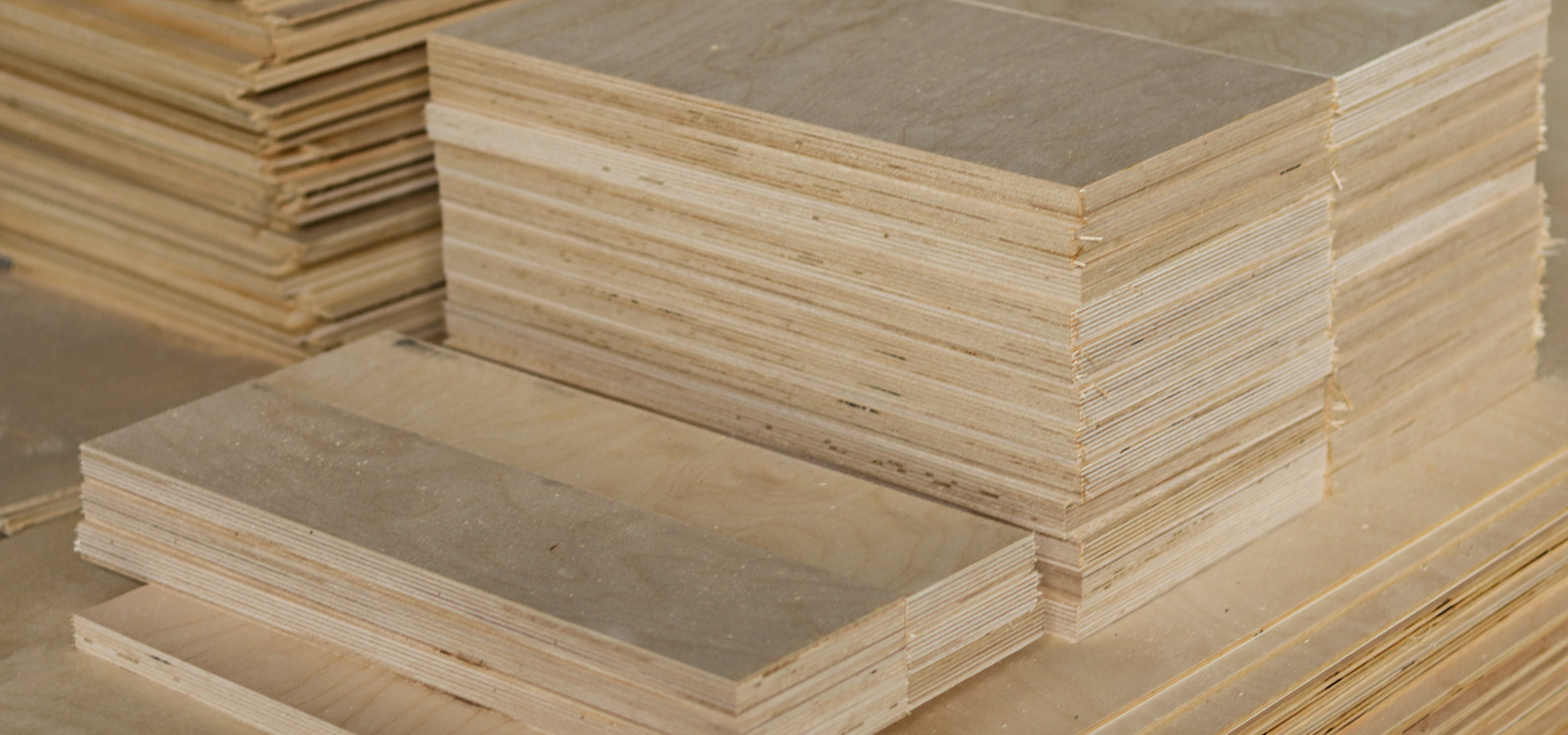In the modern world of construction and interior design, selecting the right type of plywood can make all the difference. Whether you’re a seasoned contractor or a passionate DIYer, understanding the difference between structural and non-structural plywood is essential. At Tusker Ply, we deliver high-quality, calibrated plywood designed to match a wide range of applications—from heavy-duty builds to aesthetic interiors.
This complete guide breaks down the differences, real-world applications, and how to make the best choice for your specific needs.
What is Structural vs Non-Structural Plywood?
Structural Plywood
Structural plywood is engineered for strength and load-bearing capacity. It’s used in construction projects where stability is a must—think floors, roofs, and walls. Each sheet is graded to meet strict industry standards, making it reliable even under intense pressure.
Real-World Use: Building a rooftop deck or mezzanine? You’ll need structural plywood that can handle both weight and weather.
Non-Structural Plywood
Non-structural plywood is all about looks and flexibility. It’s ideal for applications where aesthetics matter more than strength, such as in furniture, cabinets, and decorative panels.
Example: Want to add a stylish feature wall to your living room? Non-structural plywood gives you that polished look without the unnecessary load-bearing capacity.
Key Takeaway
- Use structural plywood when your project requires strength, durability, and code compliance.
- Use non-structural plywood for lightweight, decorative, or creative design projects.
Key Differences: Structural vs Non-Structural Plywood
Understanding these core differences will help you make smarter, safer decisions:
Strength & Durability
- Structural: Built to endure heavy loads; tested for long-term use.
- Non-Structural: Designed for low-stress uses; prioritizes aesthetics over strength.
Manufacturing Standards
- Structural: Must meet rigorous engineering and safety standards.
- Non-Structural: Less regulated as they’re not meant for load-bearing use.
Cost Considerations
- Structural: Typically more expensive due to quality and testing.
- Non-Structural: Budget-friendly and ideal for cost-conscious aesthetic projects.
Pro Tip: Always check the plywood grade and manufacturer specifications before purchasing—especially for structural applications.
Where Structural Plywood Works Best
1. Flooring & Subflooring
Used beneath tiles or hardwood, it offers a solid, stable base for long-term performance.
2. Wall Sheathing
Strengthens the building’s framework and resists lateral loads like wind.
3. Roofing
Highly resistant to environmental stresses like rain, wind, and heat.
Pro Insight: Always choose BWP-grade plywood for moisture-heavy zones like roofing or bathrooms.
When to Choose Non-Structural Plywood
1. Furniture & Cabinetry
Its smooth finish makes it ideal for crafting elegant cabinets, wardrobes, and bookshelves.
2. Decorative Panels
Perfect for ceiling design, partition walls, and feature panels in commercial or residential interiors.
3. DIY & Creative Projects
Lightweight and easy to work with, it’s a favourite among hobbyists for everything from custom shelves to artistic wall accents.
Pro Tip: Non-structural plywood can be laminated or pre-polished for quicker finishes and better visual impact.
Factors to Consider Before Choosing
1. Durability
- Use structural plywood for strength-intensive environments.
- Opt for non-structural plywood for indoor, non-load-bearing purposes.
2. Budget
- Structural plywood costs more due to its engineering.
- Non-structural plywood offers great value for creative, cost-efficient builds.
3. Ease of Handling
- Structural plywood is heavy and rugged—great for contractors.
- Non-structural plywood is light and flexible—ideal for interior designers and DIYers.
Final Thoughts: Choose Smart, Build Better
Your plywood choice affects everything from durability and cost to appearance and performance. Make sure your selection aligns with your project’s demands.
- Choose structural plywood for construction, roofing, and heavy-duty flooring.
- Choose non-structural plywood for furniture, interior design, and light paneling.
At Tusker Ply, we are dedicated to manufacturing high-performance, calibrated plywood that meets today’s structural and aesthetic demands. Whether you’re building up or beautifying within, we have the right plywood for your vision.
Discover Tusker Ply Today
Explore our premium range of calibrated plywood, trusted by architects, designers, and builders alike.
Tusker Ply – Strength You Can Count On, Beauty You Can Build With.





